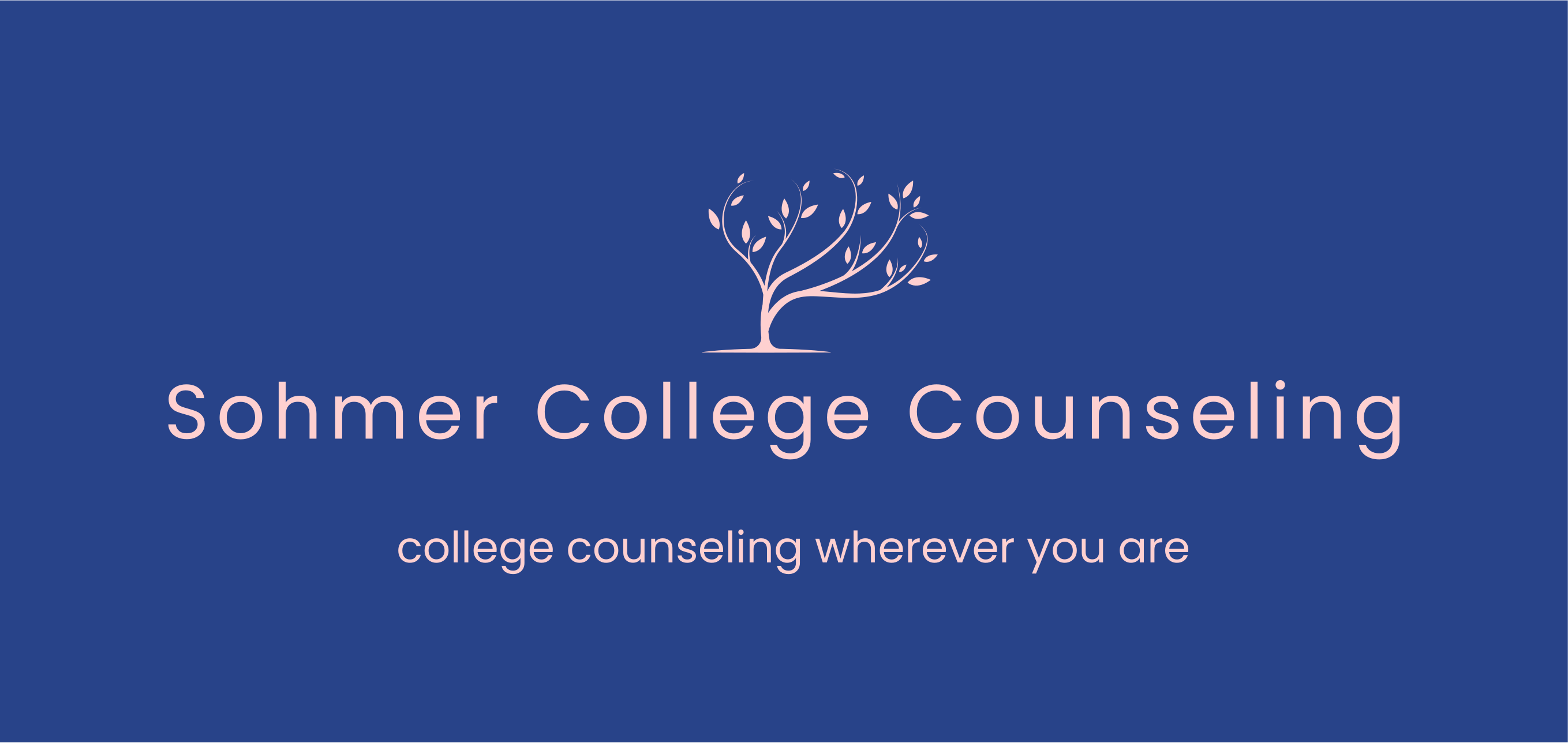Applying to college can certainly be stressful, but it doesn’t need to be. Instead, it can be exciting, inspiring and one more thing that you learn to do — and do well.
Your job as an applicant is to search for the colleges where you can be your best self – now and in the future – and let your application show your potential as a student and future alumnus.
How do you do it? Understand the process, take note of the steps and keep your eye on the deadlines
Assess yourself first. Before you can know what college is right for you, you’ll need to understand yourself – what you enjoy, want, and need. What inspires you? Do you have a career in mind? A major? Do you like to stand out in a crowd or get lost in one? How challenging a curriculum do you want? Are you an adventurer? A homebody? A free spirit? What type of a role have you played in high school and what do you want your role on campus to be? Be honest when thinking about your high school record, your standardized test scores and the other components of the application you will file.
Make your “must have list” and stick to it. What are the five things that you can’t live without at college? What’s your list? Major in Finance, rugby club, guaranteed housing, study abroad in Geneva and vegetarian dining options? Winter term, undergraduate research opportunities, major in neuroscience, urban setting and GLBT friendly? Living/learning communities, large international population, more than 10,000 students and all courses taught by professors (as opposed to teaching assistants)? Internship support, involvement in the local community, green initiatives, high graduate school acceptance rates and within 200 miles of home? Everyone’s list will be different, but understanding and embracing your “must haves” will make your research – and your ultimate choice of a school – much easier.
Use your resources. There’s a tremendous amount of information available to the enterprising college applicant. First stop? Your high school’s college or guidance office. Counselors are well-versed in the available webs sites, books and blogs that can help in the search. Then hit the web and the bookstore. Some favorites include: The College Board (www.collegeboard.com), The National Association for College Admission Counseling (nacacnet.org), The National Center for Education Statistics’ College Navigator (www.nces.ed.gov/collegenavigator), https://collegelists.pbwiki.com, The Fiske Guide to Colleges (also available as an iPad app), Kal Chaney’s Paying for College Without Going Broke, The Advocate’s College Guide for LGBT Students and The Princeton Review’s The African American Student’s Guide to College. Of course, each college’s own website will be filled with information about the student body, campus activities and the college’s mission. Be sure to check out not only the academic offerings but also the clubs and organizations sections to find out what’s important to students and whether the things that you enjoy doing (or would like to try) are available.
Brag a little. Colleges only know about your talents, abilities and accomplishments if you tell them. What you have done helps tell the story of who you are – as a person and as an applicant. If you’ve won awards, list them. If you are passionate about an activity or topic, make sure it finds its way into your essay. Admissions officers are looking
Find the fit. No college is right for everyone and the college you choose only has to be right for you. Is it famous? Maybe…maybe not. Have other students from your high school attended? Maybe…maybe not. Remember, you are looking for the college where you can be happy and successful, where you can learn and grow as a person and a scholar. Where you can take your next step, but not your last step. Where you can continue to be there person you are and become the person you will be. The right college, the place where you “fit,” will be somewhere that you are comfortable, accepted and challenged. And where you can make your mark.
File your FAFSA. The federal government’s Free Application for Federal Student Aid is required if you plan to receive loans and grants from colleges. The College Board’s CSS Profile may be needed, too. Starting in the fall of 2016, both forms can be submitted in October. File these forms as early as possible – and always by each college’s published deadline.
Choose wisely. When the time comes to decide where to enroll, consider the academic, personal and financial implications of your decision. Make sure that you select a college where you can be academically challenged, personally fulfilled and financially solid. Don’t take on too much of anything…including debt.
